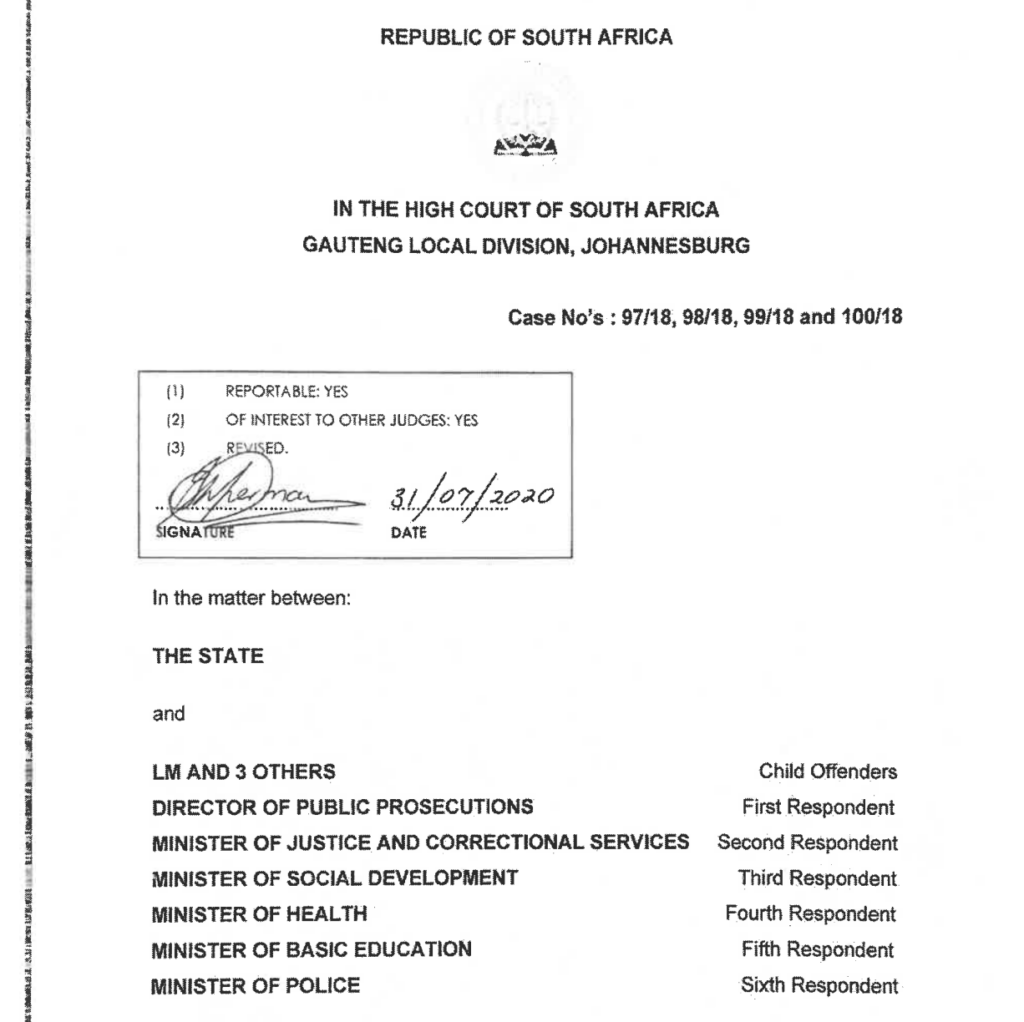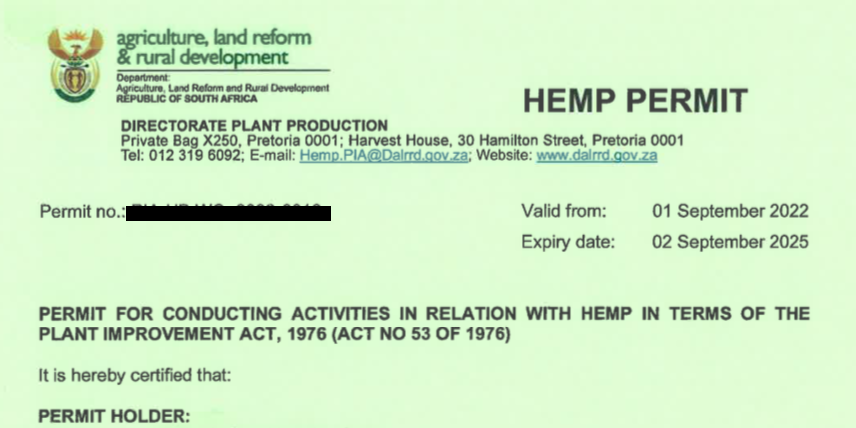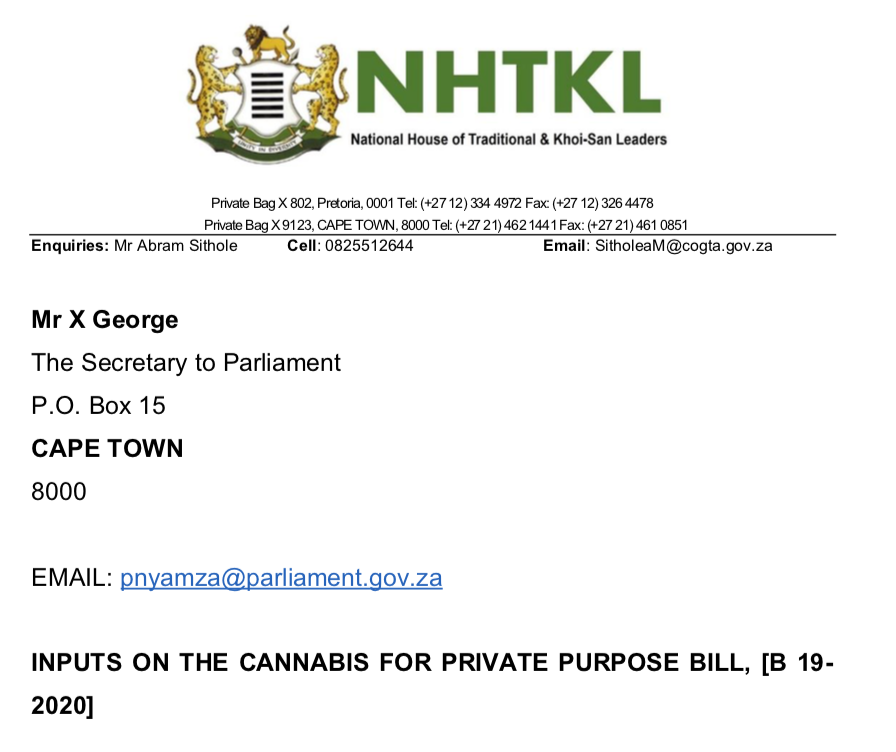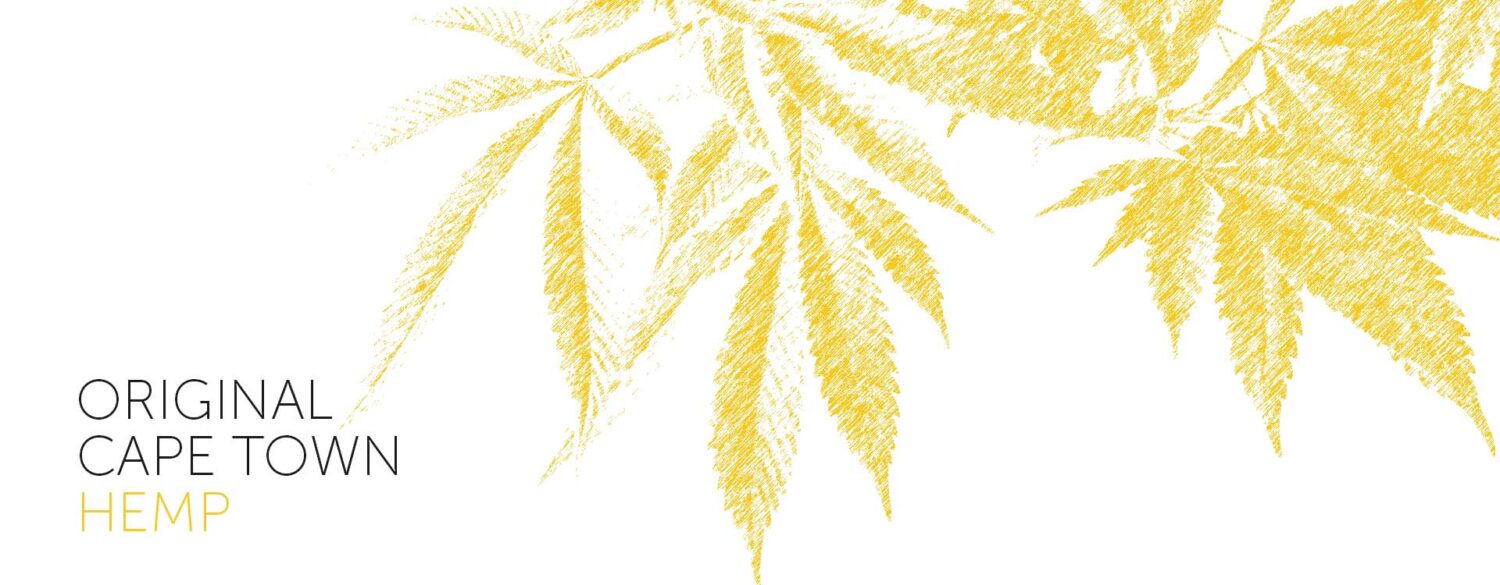South Africa decriminilized cannabis use based on our right to privacy (unlike most nations using a medical approach or the religious approach from Prince in the court of first instance) – we have nuanced difficulties that other nations do not face, preventing us from merely making use of offshore precedents. This affords us the ability to forge or pioneer a new framework.
A brief overview of cannabis legal developments from 2018 to end 2022.
Sprouting from the 2018 Prince judgment, every adult has the right to smoke, possess and grow cannabis in their private homes. The housing for some (or lack thereof) does not afford enough privacy or space to grow meaning the current position will not pass the constitutional muster as not all will have equal access to this right in terms of laws of general application.

We found further massive judicial progress on the 31st July 2020 in the findings of the LM judgment. It was found that children possessing and or using cannabis at schools or in public should not face criminal sanctions but rather undergo a social correction program. This was found based on the best interest of the child and seeing the unjustified negative consequence of our adolescent correction facilities on the social development of the cannabis offender. The punishment did not fit the crime and therefore cannabis offenders were no longer deemed criminals but rather social offenders that undergo social correction like counselling or community service.
Parliament was tasked by the judiciary with presenting legislation that would enact the privacy judgment and allotted twenty four months to do so. We did not hear anything from Parliament until the last possible month. The draft Cannabis for Private Purposes Bill first made its way into public domain on 7 August 2020 where the Bill was tagged as S75 Bill (later proving to be erroneous) and made clear the nature of cannabis offences for the private use of the plant. Public hearings started on the 31st August 2020 and the “larger” stakeholders were invited to make oral representations after many written submissions were received.
Some were long-winded and seemingly repetitive yet it was important to hear the stories of how some have been affected since the Con Court ruling. Interestingly the amaPondo community went from thriving off cannabis to stockpiling supply, the demand of which taken up by home growers in more accessible regions making upwards of one million rand in cannabis sales per annum. There were inputs from law firms, private smokers clubs, various advocacy and farming cooperatives, most of which were in support of the legalization but not in the manner proposed by the state which would incur strict sanctions for families (children) involved in any grow operation – which is mostly the case. An eerie absence of the voice to the youth who need to be rapidly educated of the potential harms like premature exposure to high THC to a developing mind causing permanent stunting of the brain. While educating the youth is listed as a pillar in the so-called Cannabis Master Plan, we should always prioritize the effect on our youth. Yes this can be profoundly positive like stopping seizures and the medical field is rightfully excited to test, we still need a voice for the youth to mitigate the harms.

Speaking of the Cannabis Master Plan we bring about the next publication from the state in mid March 2021. This relatively well put-out document seeks to positively introduce cannabis farming, processing and trade for South Africa. This ambitious document will need a lot of local buy-in to reap some of the results and if we see private sector driving this project, maybe there is hope.
When applying for a hemp permit, the only avenue would historically be to apply through SAHPRA (South African Health Product Regulatory Auth), resulting in expensive and misguided applications (title of application being “Application to grow a plant for dependance forming substances”) and inundated decks. Like a lighthouse piercing through the darkness, the Department of Agriculture made public their Hemp Permit in October 2022. At the very affordable cost of R650 and a stack of papers including a police clearance, one can get themselves a permit to grow a maximum of 50 hectares. Ground breaking times to have the Department finally step up to the plate. We will overlook the fact that of most of the 200+ hemp permits issued, a handful would have actually undergone a site inspection, we don’t complain for two reasons. We have our permit in hand unlocking international trade. And we predicted the necessity for self-regulation to ensure international off-take eligibility.


The climate continued to change in favour of the plant and our legislatures (Justice Portfolio Committee) were now tabling Cannabis for Private Proposed Bill on an almost weekly basis. Parliament would invite certain knowledgeable persons to continue to share information about the plant and suggestions for regulations while the state inked the new laws. As per usual, the chairs had their coat hanging but no-one in the seat with only a few members of the committee fully engaging with the development of the laws.
Our tagging issue arose around the 23rd March 2022 where two new chapters were added namely commercial cannabis and cannabis for religious or cultural purposes. This inevitable development changed the nature of the Bill from S75 to S73 or S76 therefore requiring two things, one that the Bill be approved by the Traditional Council of Khoi-San Leaders as well as affording the public the change to make public submissions again. Two steps forward, one step back.

In spring of 2022 we received a judgment that would provide clarity on the ‘private smokers club’ model. The Haze Club vs The State found against the notion of making use of a private members business model seeing the supply of cannabis as one of the benefits while transacting in ‘tokens’ rather than ZAR. The court found that a smokers club is not “private enough” as it is not your ‘inner circle’ of people that surround you at such an establishment. The attempt at masking the transaction with private club benefits and buying with tokens, the court found this remains to fall into the definition of supply a controlled substance still listed in the Drugs and Drugs Trafficking Act, busted yet we applaud their confidence to pioneer segments of cannabis trade when all should be possible in public.
More stakeholders were invited to give inputs to the Justice Portfolio Committee. After substantial public input as well as recess and breaks and back and forward between the state, political parties and the department, developments were put on hold until hearing from the Traditional leaders.

Eventually on the 15th November 2022 the Traditional Council of Leaders responded with a handful of concerns. The Leaders identified that communal land should be included in the definition of both public and private land to enable people who do not own land, the ability to grow in rural communal land areas. There was also fault found in the use of cannabis in religious ceremonies that often take place in public spaces, this was accommodated by the state. In their request to abolish the limit of the amount of plants per household – baring in mind some rondawels sleep an extended family at times, and they should be allowed to grow more – they were unsuccessful.

On the 16th November 2022 the Bill was codified to deal with private access, cannabis for commercial purposes (including hemp) as well as the cultural and religious requests in separate chapters. Most excitingly is the ability for the generational farmers in the amaPondo community to apply for an exemption from the low THC threshold and will be able to grow their local strains which yield up to 3% THC, under the hemp regime provided they get the DG issued permit extension. A massive win for lobby efforts!
This codification highlighted the change of the nature of the tagging of this Bill no longer S75 but rather S73 or S76 in terms of our constitution. With this substantial change, we now warrant the necessity for another round of public inputs. Maybe now we can see a louder voice for our youth, other than this, inputs will be a candle to the sun compared to what has already been discussed and should be treated speedily to fulfil the procedural requirements.
The Bill started in privacy and grew to include three more domains of cannabis operation namely; Recreational Cannabis, Commercial (Hemp), Cultural/Religious exemptions. We also see a widened definition of hemp that is not limited to 0.2% rather governed in the regulations which is a massive win.
Although we are back to public participation, we can be optimistic that Parliament is excited to have this segment of work completed in lue of the building literally burning down in the wake of the coronavirus. You can apply for a hemp permit and get started on your farm. You can grow medical cannabis and even open a pharmacy that dispenses high THC cannabis.
In this time we can focus on provincial plans to facilitate the introduction of cannabis to the streets. Lets be responsible with the use, not put others in danger when it comes to smoking and driving, and let us also excite a dawn of a green era where the youth embrace agriculture and through innovative processing methods, produce a wide range of healthy and environmentally beneficial products and services.
For more info, reach out to josh@ogct.co.za.
